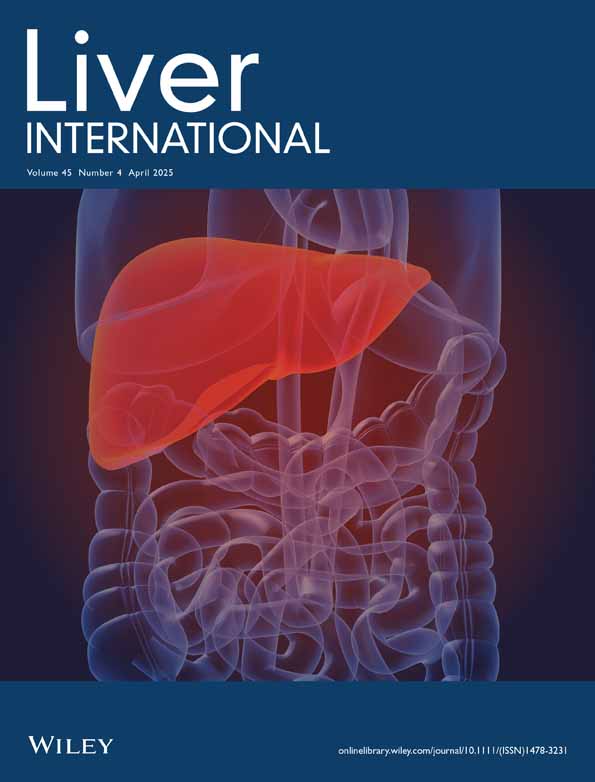The Global and Regional Burden of Gallbladder and Biliary Tract Cancer and Attributable Risk Factors: Trends and Predictions
Funding: This study was supported by the Natural Science Foundation of China (12401380); the Major Health Research Project of Fujian Province (2021ZD01001); Fujian Provincial Units Special Funds for Education and Research; the Fujian University of Technology Research Start-up Fund (GY-S24002); and Fujian Research and Training Grants for Young and Middle-aged Leaders in Healthcare.
ABSTRACT
Background
Gallbladder and biliary tract cancer (GBTC) is a serious disease burden. A comprehensive assessment of the disease burden is essential for improving prevention and treatment strategies.
Methods
The estimated annual percentage change, Joinpoint regression analysis and age-period-cohort model (APCM) were used to comprehensively evaluate the current status and trend of GBTC burden from 1990 to 2021 from the Global Burden of Disease Study. From the perspective of deep learning, a hierarchical weighted long short-term memory network model (SW-LSTM) is proposed for trend prediction to overcome the shortcomings of traditional models.
Results
The global GBTC burden increased non-linearly with age, which was higher in women than in men. With the increase of SDI, the gender difference showed a decreasing trend. Significant period and cohort effects were observed for the indicators in the remaining regions except for some indicators in the low-and low-middle-SDI regions. Age-standardised indicators in the high, high-middle and middle SDI regions showed a downward trend, while the remaining regions showed an upward trend. The proportion of age-standardised mortality rate attributable to high BMI increased with the increase of SDI. The prediction results showed that the SW-LSTM model outperformed the APCM and ARIMA models in prediction accuracy.
Conclusions
The SW-LSTM model proposed in this paper can provide more accurate prediction information to assist in the development of more targeted prevention strategies. In view of the impact of GBTC on global health, especially among women and the elderly, effective measures should be taken to reverse the increasing trend of GBTC.
Conflicts of Interest
The authors declare no conflicts of interest.
Open Research
Data Availability Statement
The data used in this study are publicly available (https://vizhub.healthdata.org/gbd-results/). Additional information can be obtained by contacting the corresponding author with reasonable requests.




